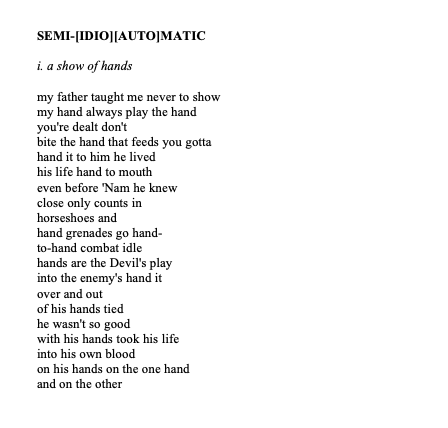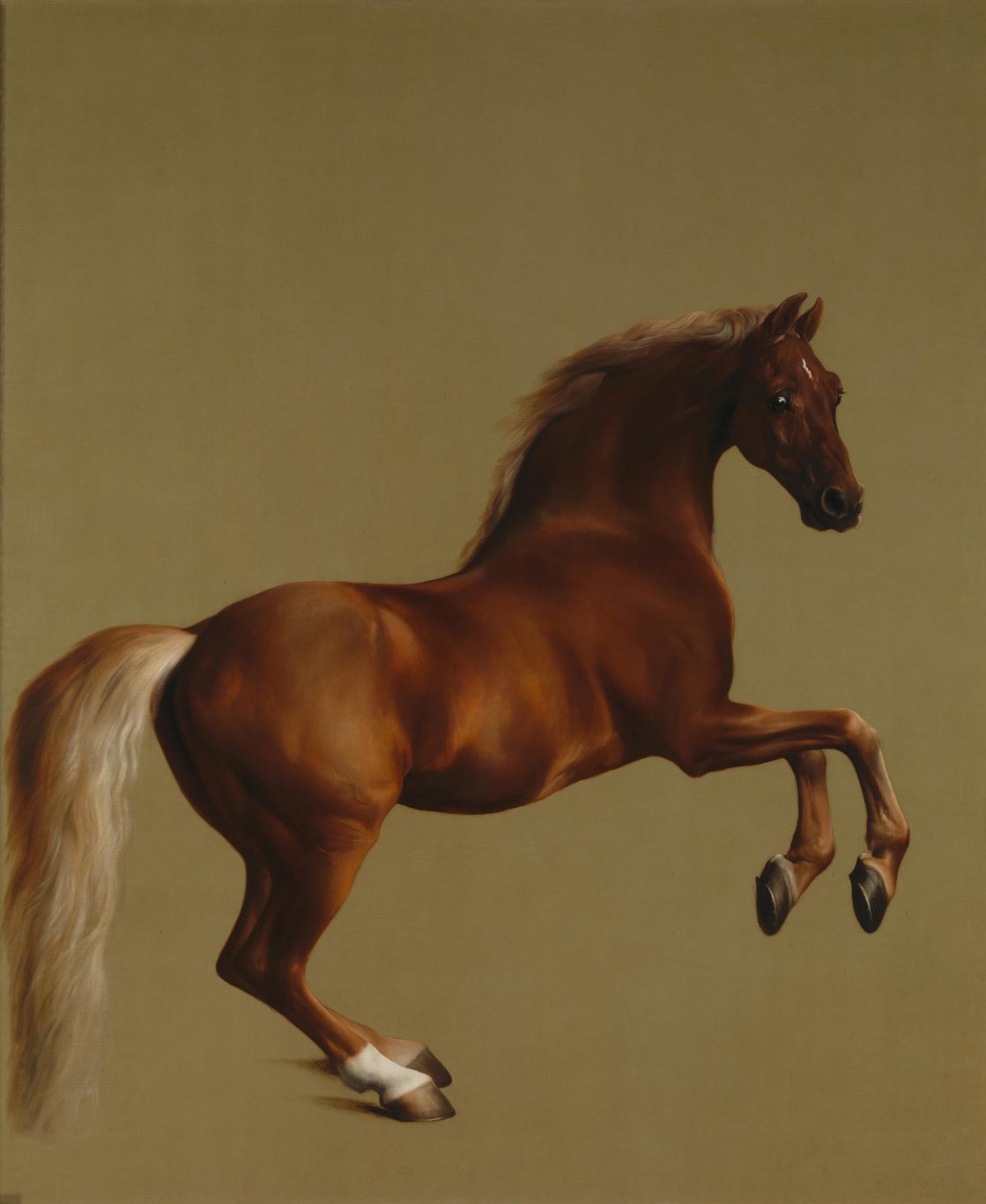
Deborah Paredez is the author of the critical study, Selenidad: Selena, Latinos, and the Performance of Memory (Duke 2009) and of the poetry volumes, This Side of Skin (Wings Press 2002), and Year of the Dog, forthcoming from BOA Editions in 2020. Her poetry and essays have appeared in The New York Times, Los Angeles Review of Books, Boston Review, Poetry, Poet Lore, and elsewhere. She lives in New York City where she teaches creative writing and ethnic studies at Columbia University and serves as Co-Founder and Co-Director of CantoMundo, a national organization for Latinx poets.























